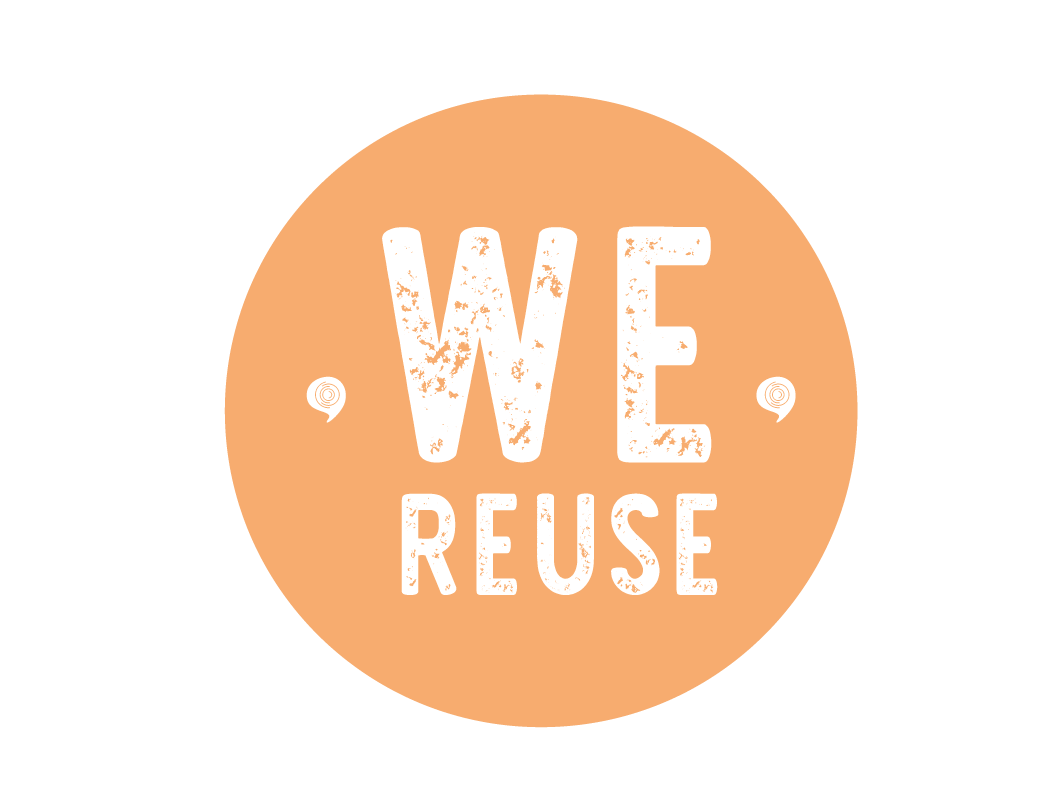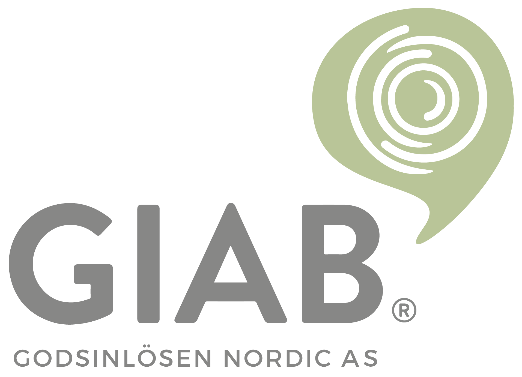For us, waste has a value
GIAB’s business concept is to convert that which is currently regarded as waste into an economically valuable resource. This is the true nature of the circular economy, with which we are working successfully within various industries, including insurance, transport and logistics, and e-commerce.
Circular goods management means that damaged or abandoned goods are given an extended service life by means of reconditioning, repair and onwards sales. GIAB reuses and ‘upcycles’ products that would otherwise either be sent for material recycling or for incineration. By applying the principle of profit-sharing with our customers, we maximise the residual value of the products, which results in profitable business not only for us but also for our customers and the end consumers.
GIAB offers to take responsibility for any products that it is not possible to either repair or sell as defect devices for repair by another agent in order to ensure that such products are recycled in a correct and environmentally-responsible manner.
We work together with the following industries:
· Insurance
For more information, see under the heading ‘Cirkulär skadereglering’ (circular damage cover)
· Transport and Logistics
· E-commerce
Transport and Logistics
GIAB works with several of Sweden’s biggest logistics companies. We recycle products that have been damaged during transport or at terminals. These products have often sustained superficial damage but remain fully functional. It also includes products that have arrived at the terminal without having a valid recipient. Because our business model is based upon profit-sharing, we maximise the proceeds generated from these products which would otherwise have been treated as waste.
The increase in the volume of products sold via e-commerce has created new challenges for logistics companies. One such challenge is the need to develop capacities for B2C, which is more time-consuming than working with B2B, with which logistics companies have traditionally worked. There is now also a need for logistics companies to process damaged products that customers have returned or rejected, which results in unacceptable costs as well as being far too time-consuming.
E-commerce
Trade conducted via the internet has exploded in recent years. One major problem for ecommerce businesses is the processing of returns and rejected items. The generous, cost-free returns policies of e-commerce companies also increases the burden on transport systems, as well as contributing to an enormous wastage of resources. GIAB processes returns and rejected items in exactly the same way as it deals with damaged items for insurance companies. Instead of recycling, GIAB makes it possible to reuse the products, thereby minimising both the product flow and the wasting of resources. Because our business model is based upon profit-sharing, we maximise the proceeds generated from these products which would otherwise have been treated as waste.









